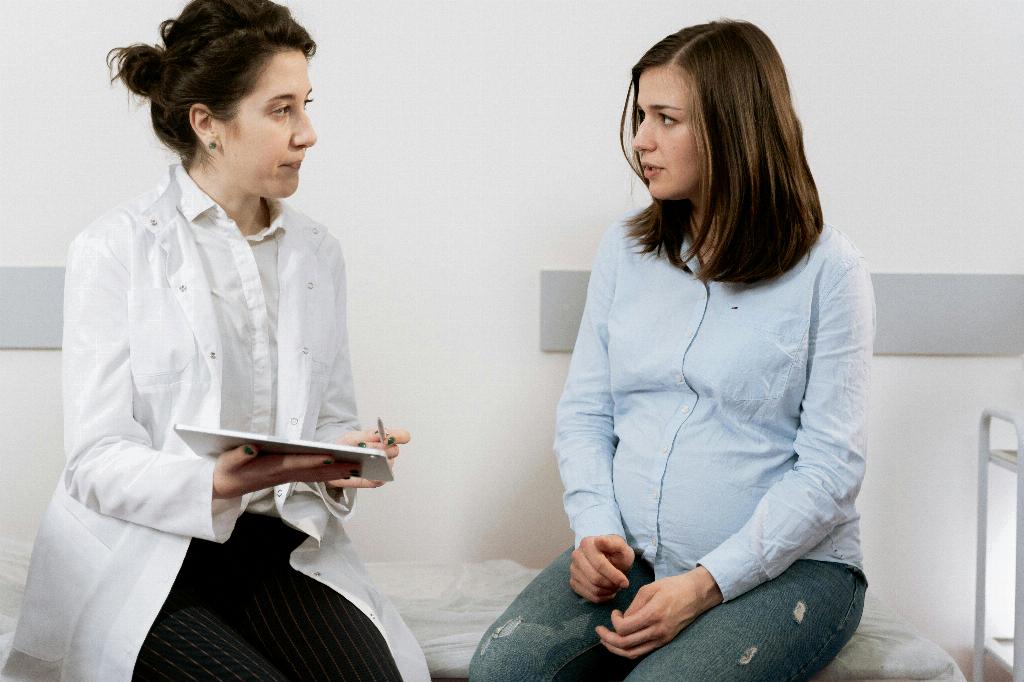One common symptom that many women experience during pregnancy is the need to urinate more frequently than usual. This phenomenon, known as increased urination or frequent urination, can be quite noticeable and sometimes disruptive to daily life. Understanding when this symptom typically begins and why it occurs can provide reassurance to expecting mothers.
When Does Frequent Urination Typically Start?
For many women, the onset of frequent urination during pregnancy can begin as early as six to eight weeks after conception. This is often one of the first signs that a woman may notice, indicating the hormonal and physical changes that are taking place within her body.
The Role of Hormones in Urinary Frequency
During pregnancy, a woman’s body undergoes significant hormonal changes, including an increase in hormones such as progesterone and human chorionic gonadotropin (hCG). These hormonal fluctuations can impact the functioning of the kidneys and bladder, leading to increased urine production and the need to urinate more frequently.
Physical Changes That Contribute to Urinary Frequency
As the pregnancy progresses, the growing uterus puts pressure on the bladder, reducing its capacity to hold urine. This physical pressure on the bladder can further contribute to the need to urinate more frequently. Additionally, the pelvic floor muscles may also be weakened during pregnancy, leading to decreased bladder control and increased urgency to urinate.
Managing Frequent Urination During Pregnancy
While frequent urination is a common and normal part of pregnancy, there are some strategies that women can use to help manage this symptom. Staying hydrated, practicing pelvic floor exercises, and emptying the bladder fully when urinating can all be helpful in reducing the frequency of trips to the bathroom.
When to Consult a Healthcare Provider
If frequent urination is accompanied by pain or discomfort, blood in the urine, or other concerning symptoms, it is important to consult a healthcare provider. These symptoms could be indicative of a urinary tract infection or other underlying condition that may require medical treatment.
The Importance of Regular Prenatal Care
Regular prenatal check-ups with a healthcare provider are essential during pregnancy to monitor both the mother’s and baby’s health. Discussing any symptoms or concerns, including increased urination, with a healthcare provider can help ensure that any issues are addressed promptly and appropriately.
Conclusion
In conclusion, increased urination is a common symptom that many women experience during pregnancy, typically starting around six to eight weeks after conception. Hormonal changes, physical pressure on the bladder, and weakened pelvic floor muscles all contribute to this symptom. While it can be bothersome at times, managing frequent urination through hydration, exercises, and proper bladder emptying can help alleviate the discomfort. Seeking medical advice for any concerning symptoms is important for ensuring the well-being of both mother and baby.

